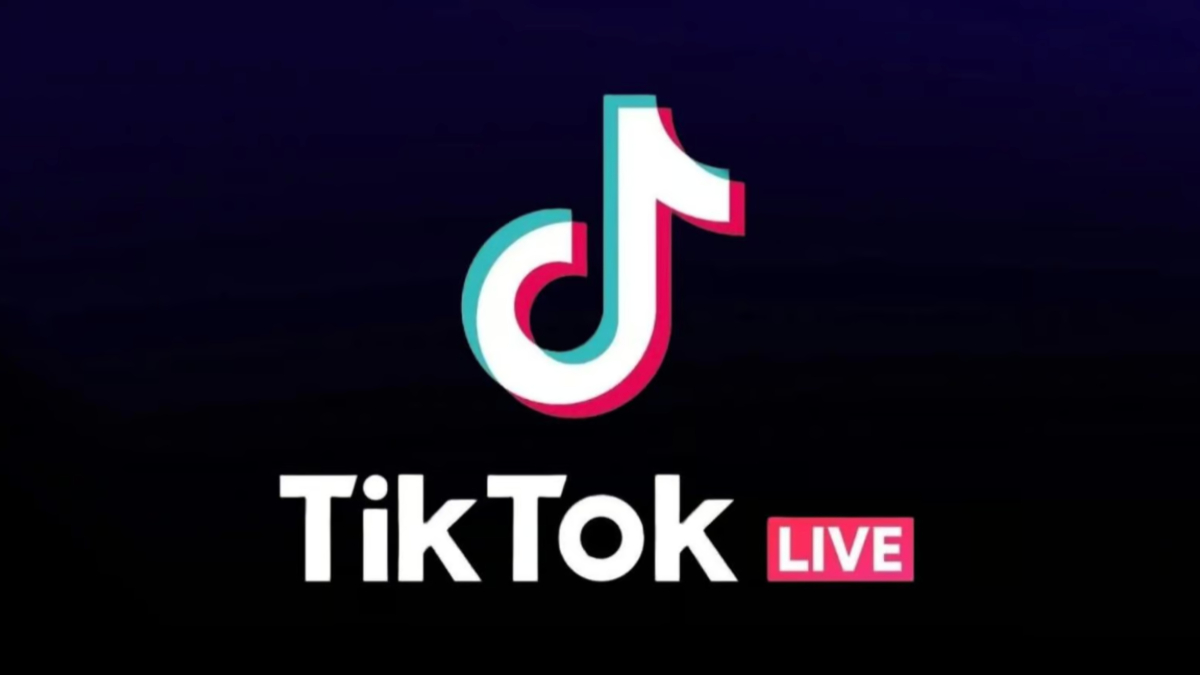In a dramatic turn of events in the realm of American politics, Congress has set its sights on social media, with TikTok now squarely in its crosshairs.
The decision has sparked outrage among content creators and casual users alike, though for those following current events closely, it may not be entirely unexpected. Instead of addressing pressing real-world issues such as conflicts in Ukraine and Gaza or safeguarding critical legislation like Roe v. Wade, the administration has diverted its attention to a myriad of other matters.
In the case of TikTok, lawmakers have voiced concerns over its potential threat to national security, primarily due to its ownership by the Chinese entity ByteDance. The fear is rooted in the possibility that the Chinese government could exploit the platform to spy on Western societies. In response, President Biden has issued an ultimatum to ByteDance: sell the company within five months or face a ban on the app in the United States. As of now, the House has passed a bill known as the Protecting Americans from Foreign Adversary Controlled Applications Act, though it still awaits Senate approval.
The overwhelming bipartisan support for the bill in the House—passing by a resounding 352-65 vote—illustrates a rare moment of agreement across party lines. Even in traditionally liberal strongholds like California and New York, numerous representatives backed the ban, including Nancy Pelosi, Jared Huffman, and Grace Napolitano in California, and Dan Goldman in New York. Notably, Alexandria Ocasio-Cortez stood out as a dissenting voice, voting against the bill.
While the majority of opposition to the bill came from the Democratic party, with 50 representatives voting against it compared to just 15 Republicans, the implications of this decision extend beyond party lines. Critics of the bill argue that it sets a dangerous precedent and raises concerns about free speech. TikTok serves as a platform for many to express their opinions and even earn a living as content creators. Should the ban come to fruition, it prompts the question: what’s next?


